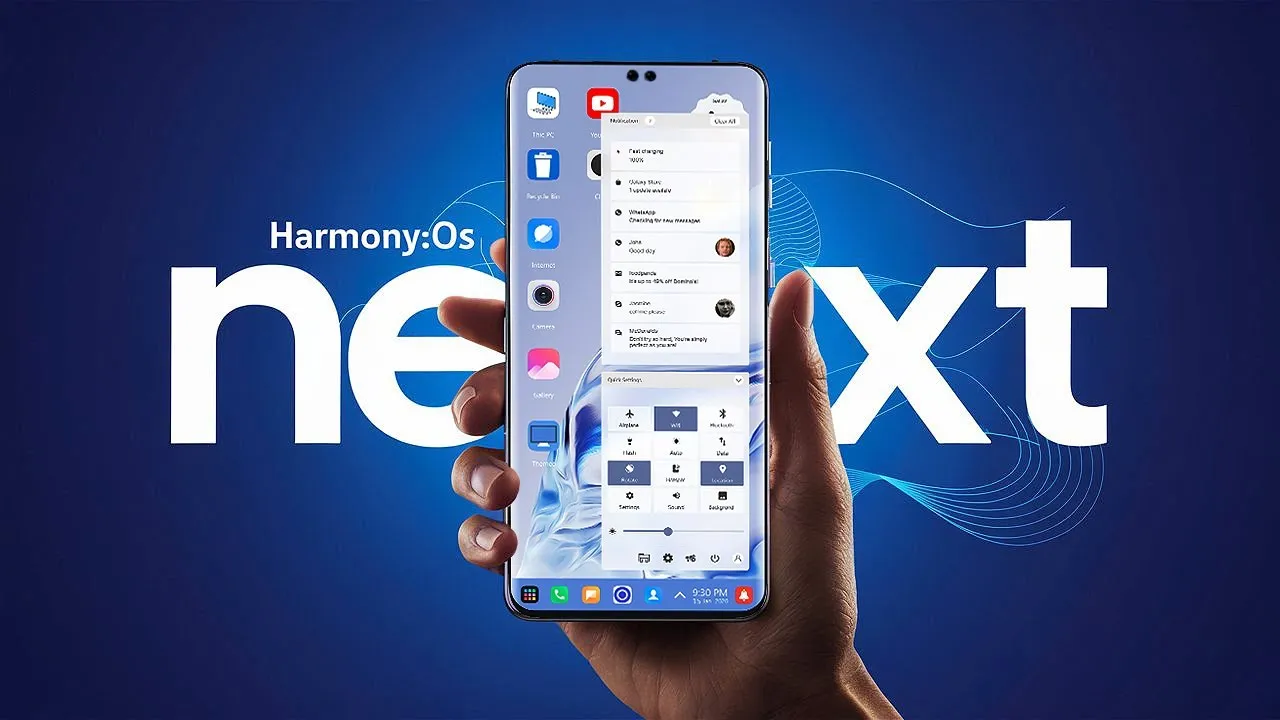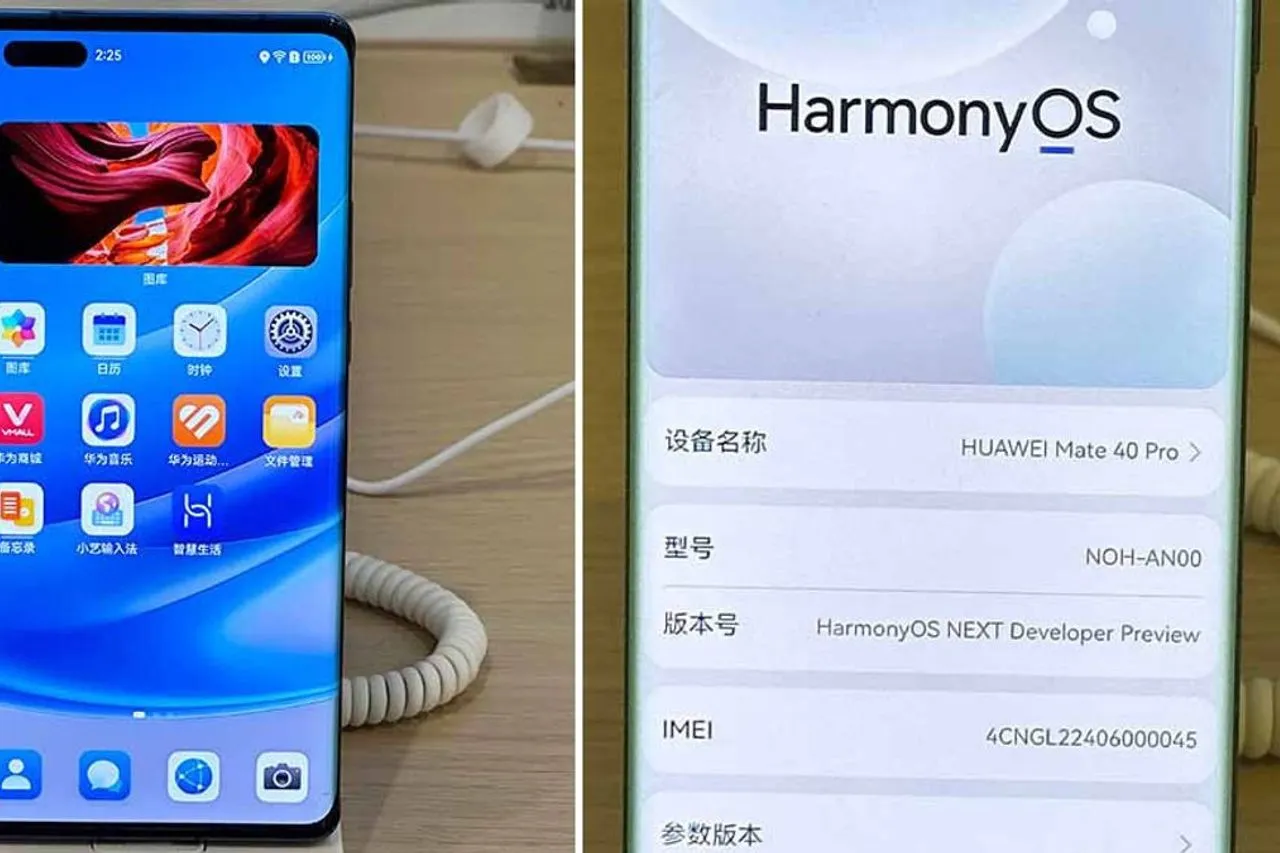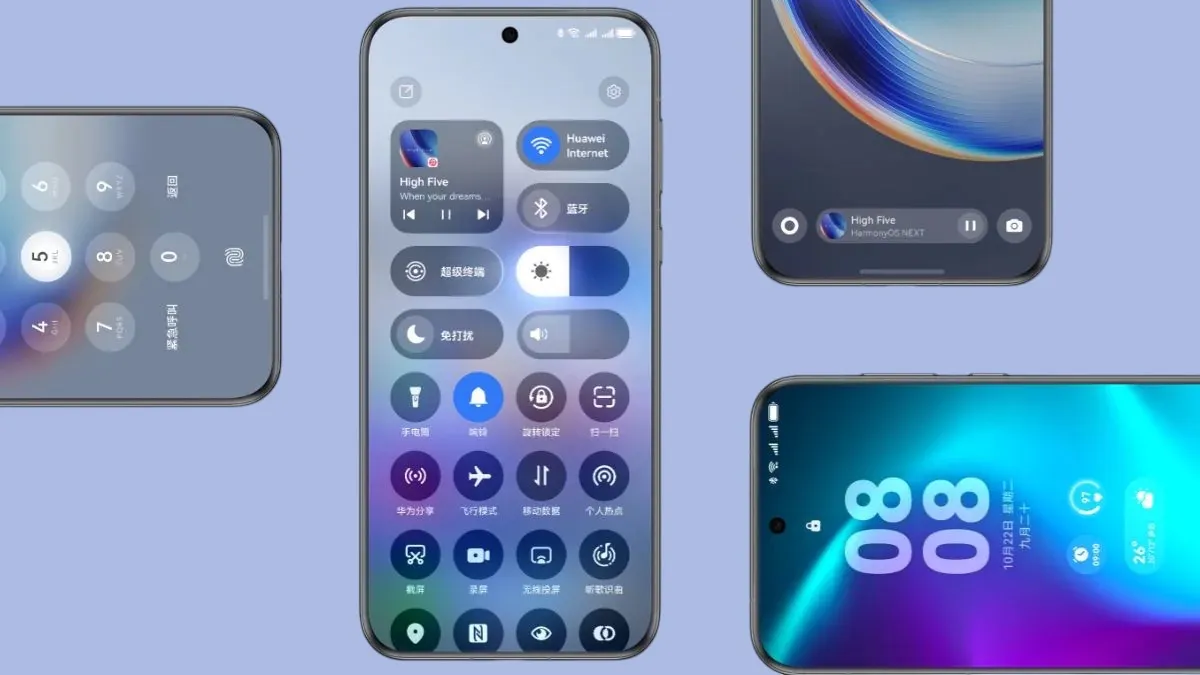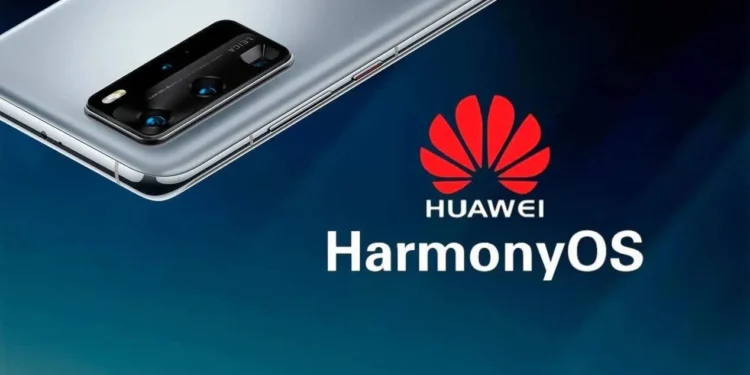In an assertive move within the global technology sphere, Huawei has launched its latest flagship smartphone, the Mate 70, setting a new standard in the industry with its completely homegrown HarmonyOS Next. This launch not only marks a significant shift from the conventional Android and iOS platforms but also highlights Huawei’s resilience and innovation in the face of ongoing geopolitical tensions.

A Bold Departure from Android
The Mate 70 is introduced at a starting price of 5,499 yuan ($760), featuring the groundbreaking HarmonyOS Next operating system. This new system is distinctive as it no longer supports Android-based apps, positioning HarmonyOS as a “pure-blooded” technology solely developed by Huawei’s engineering team. Richard Yu, the chairman of Huawei’s consumer business, confidently stated during the launch event, “This is our most powerful phone (in the Mate series). We have always been copied but never surpassed.”
Lucas Zhong, a research analyst at Canalys, emphasized the Mate 70’s pivotal role in Huawei’s software evolution, noting that moving away from the Android ecosystem is crucial for Huawei to “maintain momentum in the premium segment, solidify consumer loyalty, and attract potential platform switchers.”
Strategic Growth and Market Resilience
The Mate 70 follows the Mate 60 Pro’s successful release in August 2023, a device that quickly symbolized the technological rivalry between the U.S. and China. Since then, Huawei’s share in the Chinese market for phones priced above $600 surged dramatically, growing from 11% in the third quarter of 2022 to 33% in the same period this year—a stark contrast to Apple’s shrinking market share from 72% to 52%.

Despite previous setbacks due to U.S. export restrictions in 2019, which led Huawei to divest its budget mobile brand, Honor, the company has made a commendable recovery. The launch of HarmonyOS in August 2019 was a strategic response to the ban which prevented companies like Google from supplying Huawei devices with Android OS. This shift has spearheaded a major transformation within Huawei, as they committed significant resources to develop an independent platform.
Building a New Ecosystem
Eric Xu, Huawei’s then-rotating chairman, outlined ambitious plans for HarmonyOS, stating, “When we migrate tens of thousands of other apps from the Android ecosystem to HarmonyOS, our HarmonyOS will truly be built and truly become the world’s third mobile operating system in addition to Apple’s iOS and Google’s Android.”
Huawei aims to have 100,000 applications developed for HarmonyOS over the next year, according to Xu. This development is crucial for establishing a robust application ecosystem that is competitive on a global scale. Mengmeng Zhang, a senior analyst at Counterpoint Research, predicts that the Mate 70 series will achieve over 10 million shipments over its lifetime, underscoring the time needed for Huawei to expand its developer community and solidify its ecosystem.

Huawei’s Mate 70 launch represents a critical step in the company’s quest to redefine the global smartphone market, offering a genuine alternative to the established players. With its advanced features and strategic market positioning, Huawei not only challenges existing tech giants but also sets a new benchmark for what smartphones can achieve.










